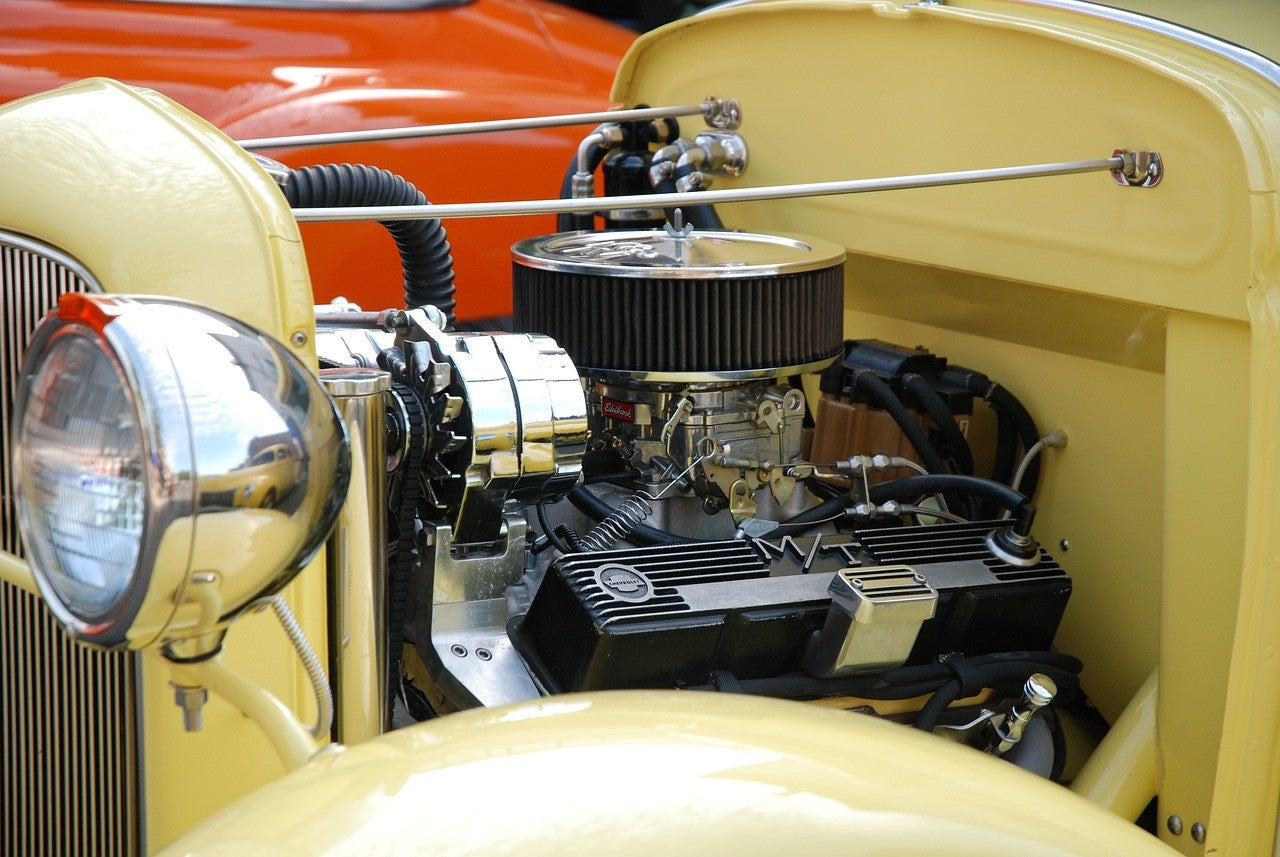Enhancing your vehicle's engine performance doesn't have to be an expensive endeavor. With a strategic approach and some cost-effective modifications, you can achieve noticeable improvements without straining your budget. Here's how to boost your engine's performance without breaking the bank:
1. Upgrade the Air Intake System
Improving your engine's airflow is a fundamental step toward enhancing performance. A cold air intake system introduces cooler, denser air into the engine, promoting more efficient combustion. This modification can lead to increased horsepower and improved throttle response. Cold air intake kits are generally affordable and can be installed with basic tools, making them a cost-effective upgrade.
2. Enhance the Exhaust System
Pairing an upgraded air intake with a performance exhaust system allows your engine to expel exhaust gases more efficiently. High-flow exhaust systems reduce backpressure, enabling the engine to breathe better and produce more power. Consider installing a cat-back exhaust system, which replaces the exhaust components from the catalytic converter to the muffler, offering a balance between performance gains and cost.
3. Install a Performance Chip or ECU Remap
Modern vehicles rely on Engine Control Units (ECUs) to manage engine parameters. Reprogramming or "remapping" the ECU can optimize these settings for enhanced performance. This process, known as chip tuning, adjusts factors like fuel delivery and ignition timing to increase horsepower and torque. Basic ECU remapping services can range from $200 to $500, offering a significant performance boost for a relatively modest investment.
4. Upgrade Spark Plugs and Ignition Components
Efficient combustion is crucial for engine performance. High-quality spark plugs ensure a stronger and more reliable spark, leading to better combustion efficiency. Upgrading to iridium or platinum spark plugs can provide a more consistent ignition, improving throttle response and fuel efficiency. Additionally, inspecting and replacing worn ignition wires and coils can further enhance performance.
5. Use Synthetic Lubricants
Switching to synthetic oils and lubricants reduces internal friction within the engine, allowing it to operate more smoothly and efficiently. Synthetic lubricants offer better thermal stability and protection under high-stress conditions, contributing to improved performance and longevity. While slightly more expensive than conventional oils, the benefits in performance and engine protection justify the investment.
6. Maintain Proper Tire Pressure and Alignment
While not directly related to the engine, maintaining correct tire pressure and alignment reduces rolling resistance, allowing the engine to work more efficiently. Properly inflated and aligned tires ensure optimal contact with the road, improving acceleration and overall performance. Regularly check tire pressure and alignment to maintain peak efficiency.
7. Reduce Vehicle Weight
A lighter vehicle requires less power to accelerate. Removing unnecessary weight, such as unused roof racks, heavy spare tires, or non-essential interior components, can improve your car's power-to-weight ratio. This simple and cost-free modification enhances acceleration and overall performance.
8. Install a Throttle Body Spacer
A throttle body spacer increases the volume of the intake plenum, allowing more air to enter the engine. This can enhance throttle response and provide a modest increase in horsepower. Throttle body spacers are relatively inexpensive and easy to install, making them a popular choice for budget-conscious enthusiasts.
9. Keep the Engine Clean with Fuel System Cleaners
Over time, carbon deposits can accumulate in the fuel system, hindering performance. Using a fuel system cleaner helps remove these deposits, ensuring optimal fuel flow and combustion. Affordable options are available, such as a $1.25 fuel system cleaner from Dollar Tree, which can improve engine performance by keeping it clean and efficient.
10. Regular Maintenance and Tune-Ups
Adhering to a regular maintenance schedule ensures that all engine components function optimally. Routine tasks like changing the oil, replacing air filters, and checking fluid levels can prevent performance degradation over time. Regular tune-ups help identify and address potential issues before they impact engine efficiency.
11. Upgrade the Fuel Injectors
High-performance fuel injectors can deliver fuel more efficiently, improving combustion and increasing power output. While this upgrade may require a moderate investment, the performance gains can be substantial, especially when combined with other modifications.
12. Optimize the Cooling System
An efficient cooling system prevents the engine from overheating, maintaining optimal operating temperatures for peak performance. Upgrading components like the radiator, coolant hoses, or installing an electric fan can enhance cooling efficiency. Keeping the engine cool ensures consistent performance and prolongs engine life.
13. Consider Forced Induction
While more expensive than other options, adding a turbocharger or supercharger can significantly boost engine performance by increasing the amount of air entering the engine. This allows for more fuel to be burned, resulting in higher power output. However, it's essential to ensure that the engine can handle the increased stress and that supporting modifications are made to maintain reliability.
14. Upgrade the Suspension
Improving your vehicle's suspension enhances handling and allows you to make better use of the increased power. Upgrades like performance shocks, struts, and sway bars can provide better stability and control, contributing to a more responsive driving experience.
15. Use High-Quality Fuel
Using higher-octane fuel can improve engine performance, especially in engines designed to take advantage of it. Higher-octane fuels resist knocking and can allow the engine to operate more efficiently, potentially increasing power output.

